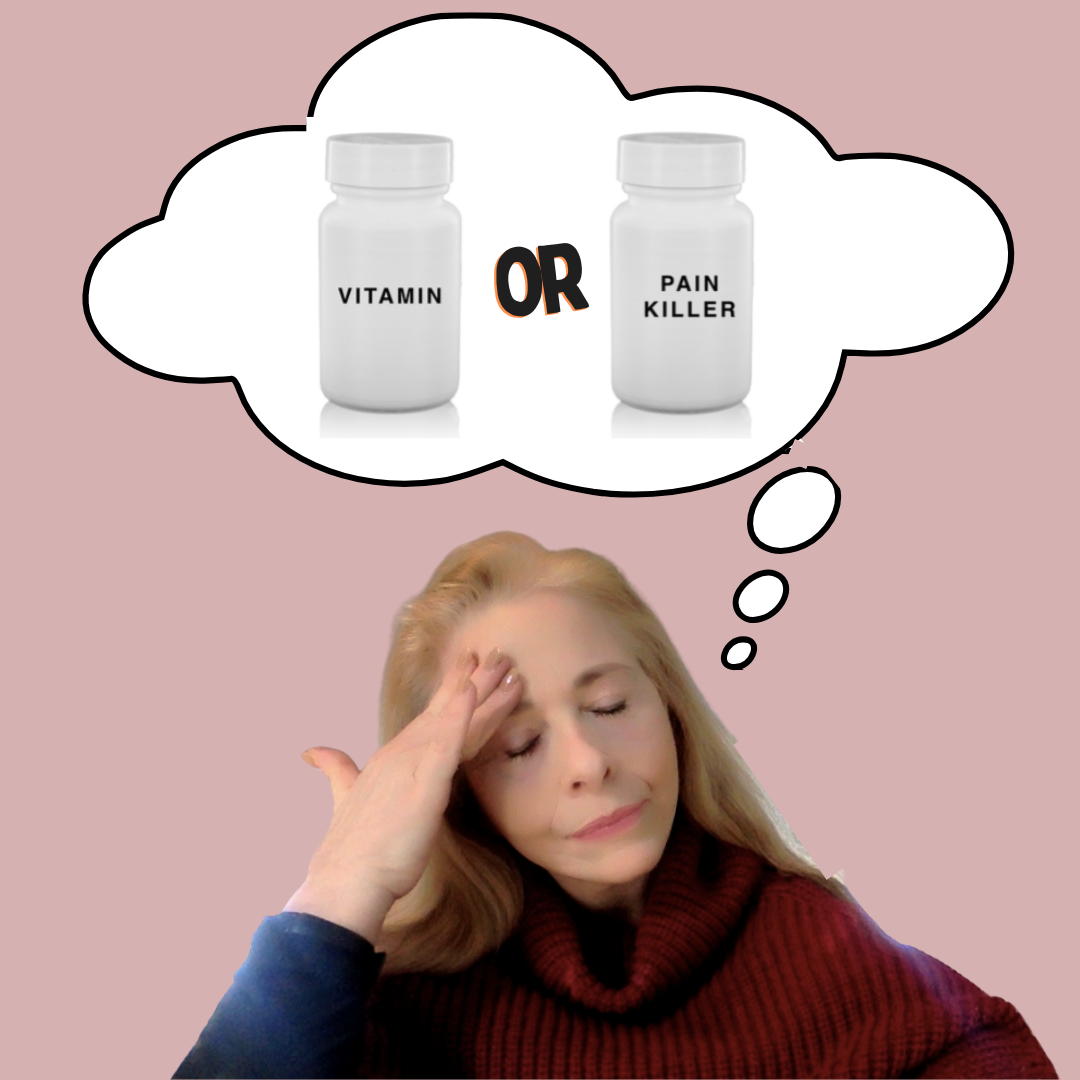When it comes to offering the best customer service possible, what is your strategy? Are you the kind of entrepreneur that offers your clients a regular supply of low-stakes services, or are you the hero that sweeps in and saves the day? Do you make people feel content, or do you exceed all of their expectations, blow them away and make their wildest dreams a reality?
I know which one I want to be. Do you?
Think about it this way – if you could only have access to one pill for the rest of your life, would you choose vitamins or painkillers? Sure, it’s great to have easy access to vitamins, but a painkiller is an utter necessity. It will help you when things are at their very worst – it can be a literal lifesaver when the chips are down.
When you work in sales, the customer expects you to have vitamins. They expect that you are going to give them the necessary things that they need to keep functioning. But what they really want are the painkillers – the goods and services that will dramatically change the way they live their lives for the better.
Dodge changes the game – Transforming your company from a vitamin to a painkiller
Back in the 1980s, Chrysler made a minor change to its design and rocked the automotive industry. Yes – something as simple (and some would say even as trivial) as a cup holder can transform your business.
See, in 1984, cars didn't have cup holders. While in-car dining was popular, people usually parked their cars and ate food in the parking lot. That all changed in 1983 when McDonald’s opened their first drive-thru on infamous Route 66.
The food and drinks were packaged in a way that made eating on the go the obvious choice. Fast food was now sold as a painkiller – something that any ‘on the go’ family or business professional could simply not do without. The only problem was that while the eating habits of America were changing, the car designs were not yet following suit.
The Dodge design team had difficulty convincing senior execs that the interiors needed to be modified to accommodate drivers eating behind the wheel. They challenged the bigwigs to spend a day in their car, and low and behold – their attitudes soon changed. One sales executive placed a cup of hot coffee between his legs and hit a bump in the road – scalding coffee flew everywhere. He then understood that something had to be done.
The 1984 Dodge Caravan included a cup holder, and the rest is history. It became the best-selling car in America that year, and people actively sought out the model for its convenient cup holder. All of the major car companies soon followed suit, proving that what could have been an ordinary vitamin had quickly become a painkiller. Everyone just had to have it.
Are you already selling a painkiller?
Many of you out there probably sell painkillers instinctively. You are already selling something high quality, important, and of immense value. If you're actually selling a painkiller, but you sell it like it's a vitamin, no one will buy it. You need to make sure you explain from the get-go why your service is a painkiller. Make it clear that you can offer peace of mind, fantastic service, and real-world solutions. You have to know your audience, determine what is bothering them, and then make sure your product or service addresses this need.
Are you offering something nice to have? (A vitamin). Or something that you NEED to have? (A painkiller). Make this clear and shout it from the rooftops – you are a real-life saver, and your clients will benefit from doing business with you vs. your competition.
There is nothing wrong with vitamins – but let’s be honest, nothing is exciting or compelling about them. If you want to stand out from the crowd and be something really special, you need to be a painkiller. Take it from me – it pays off.


